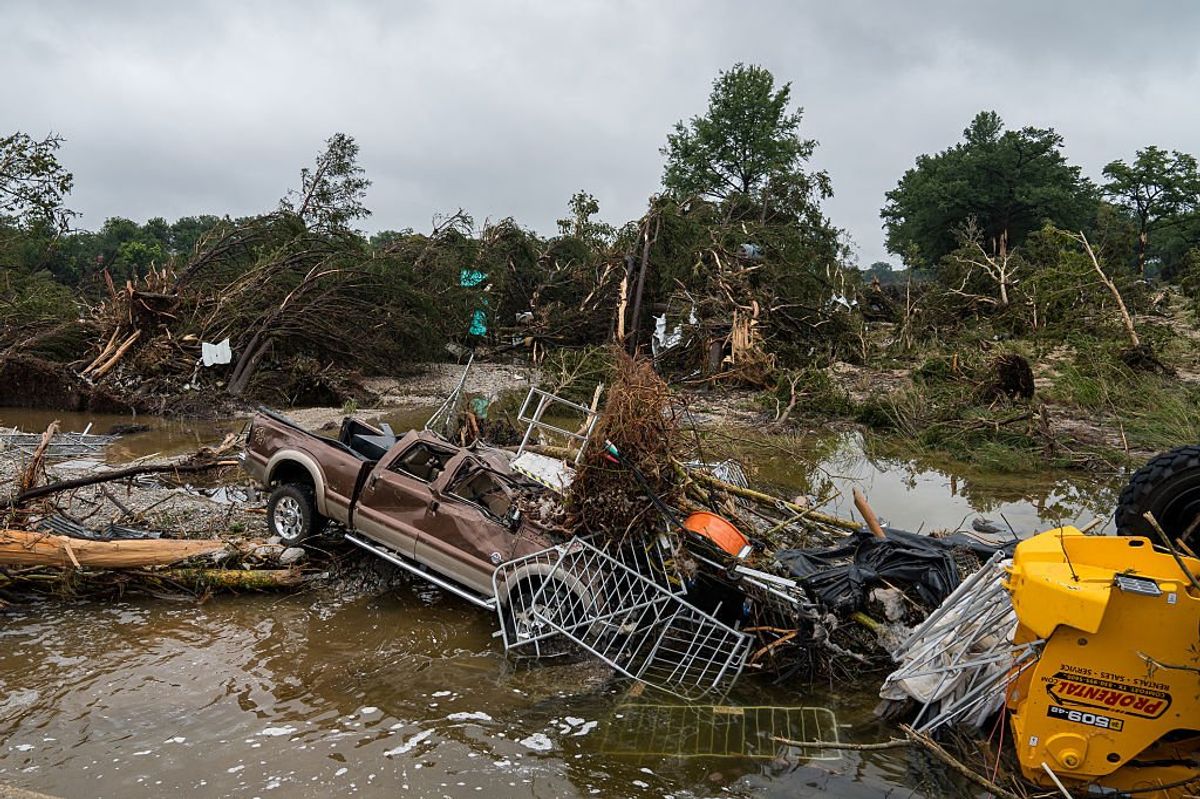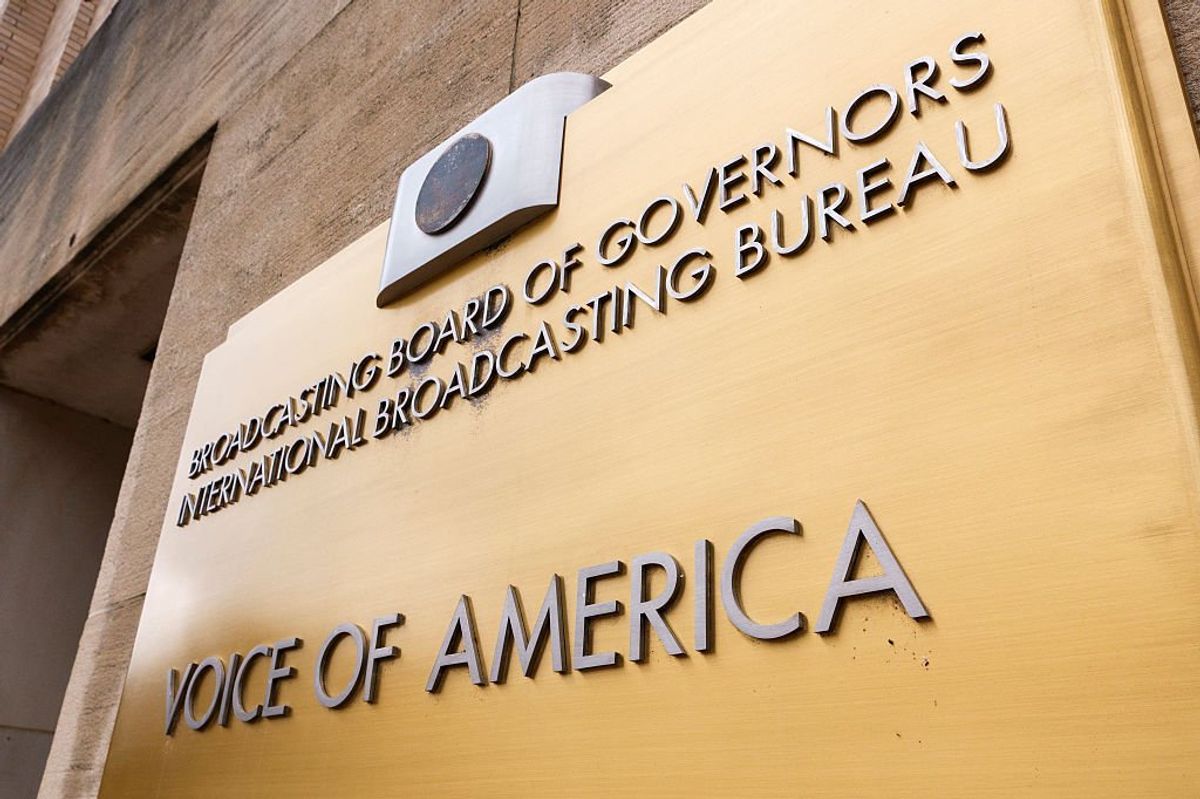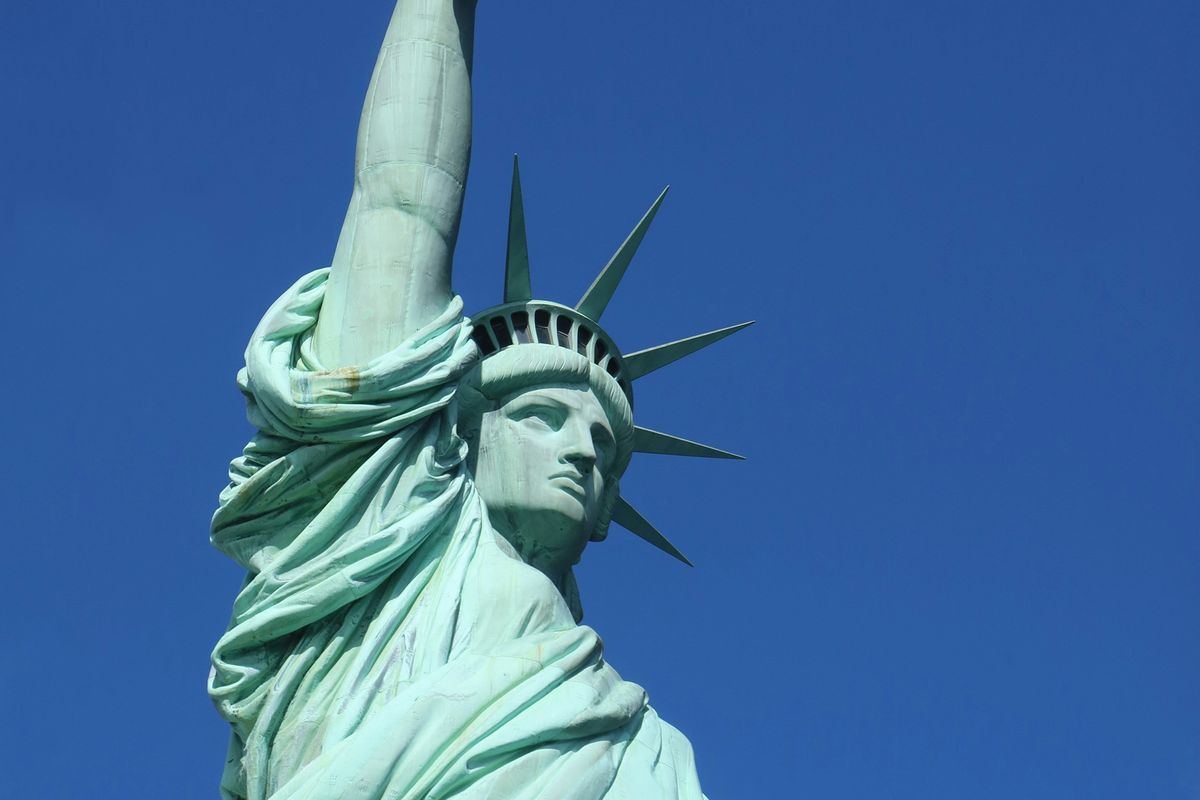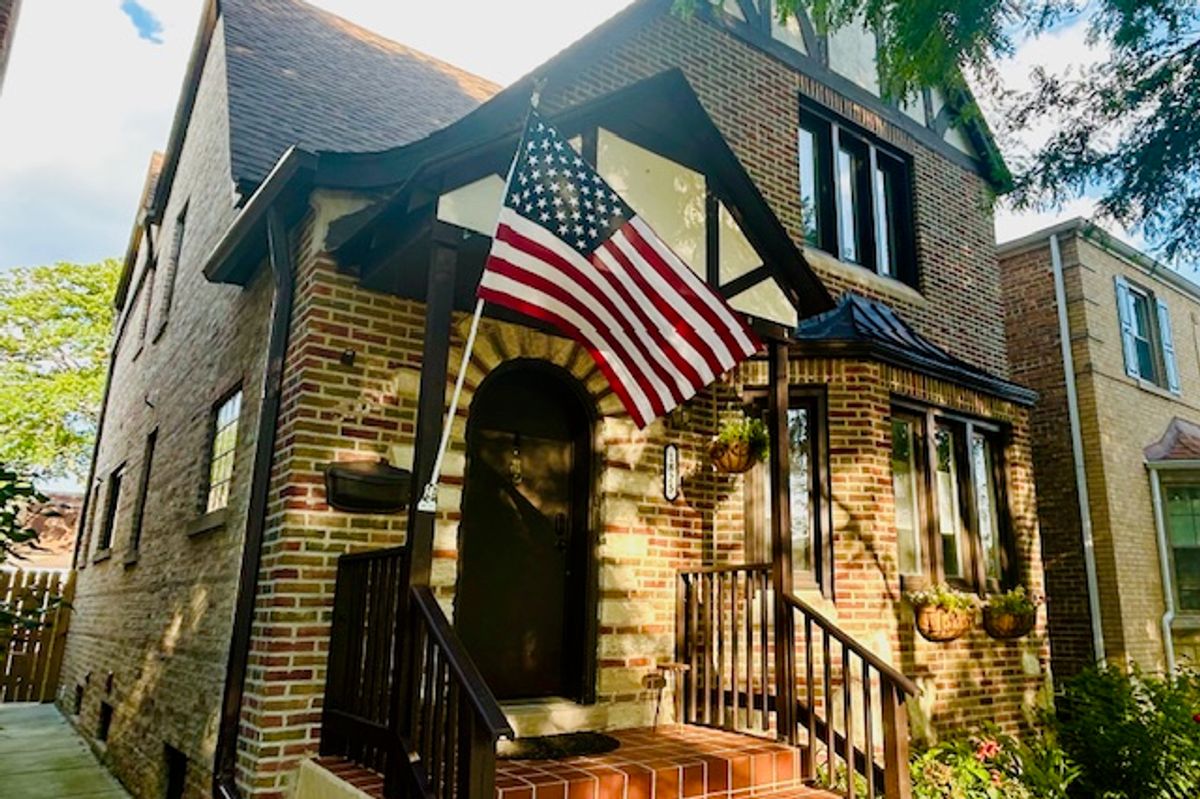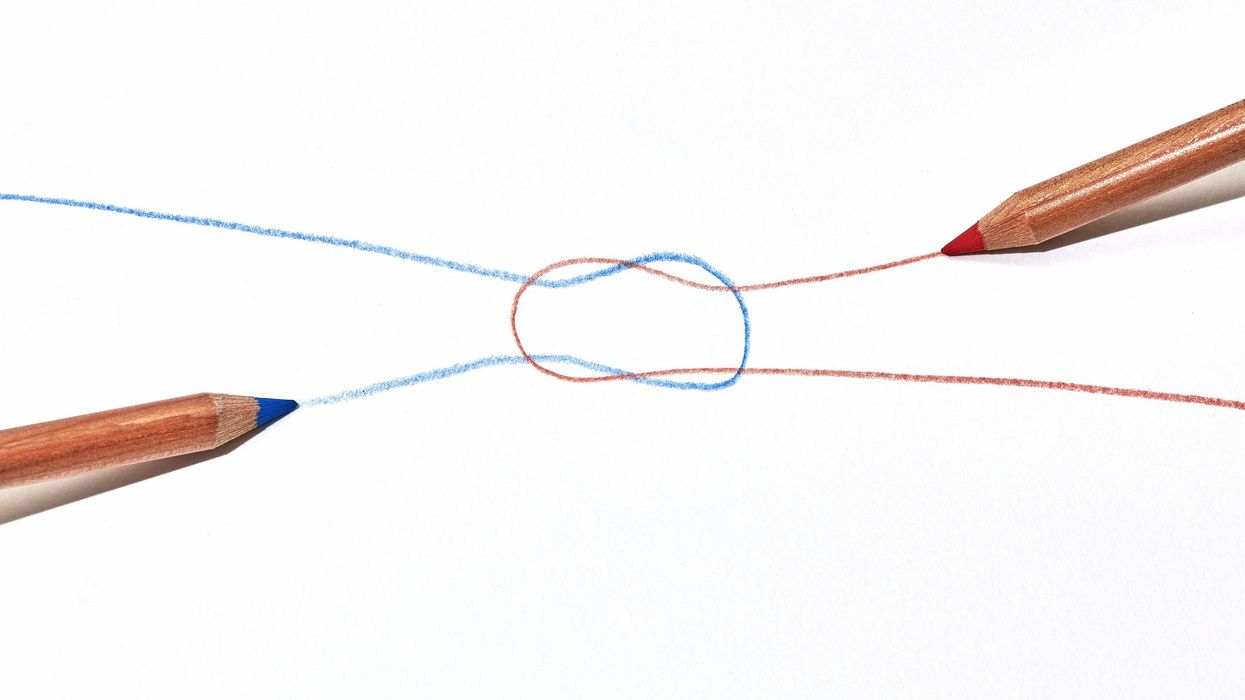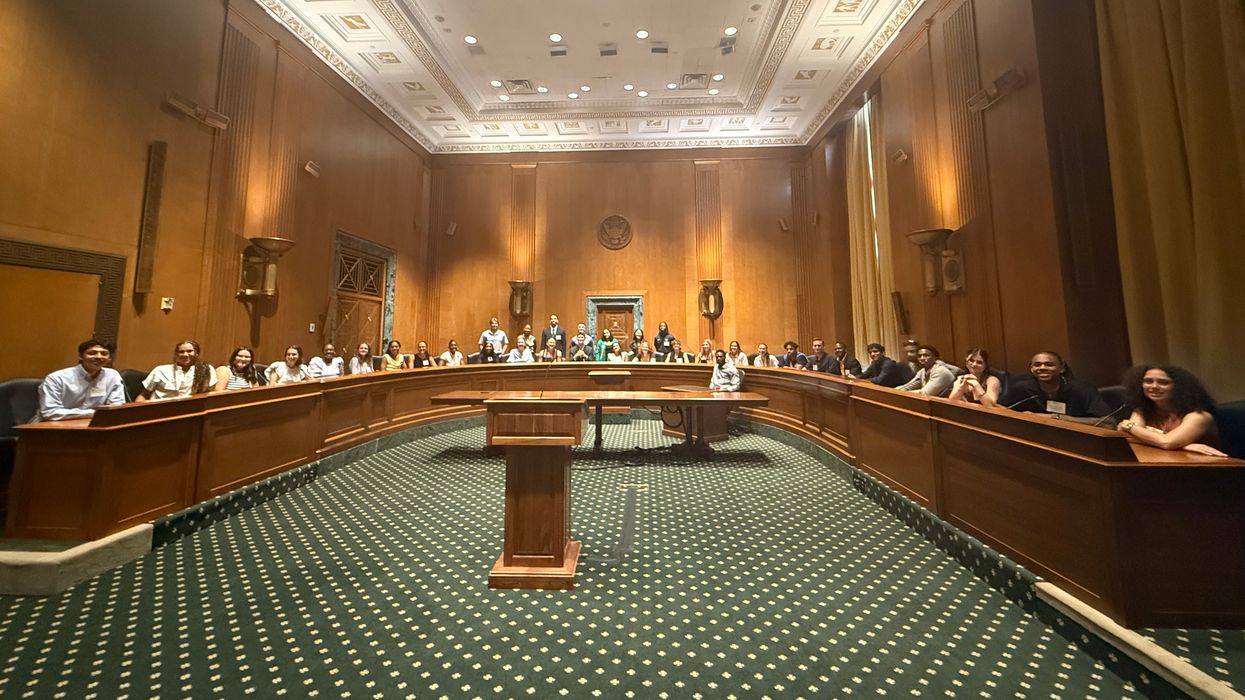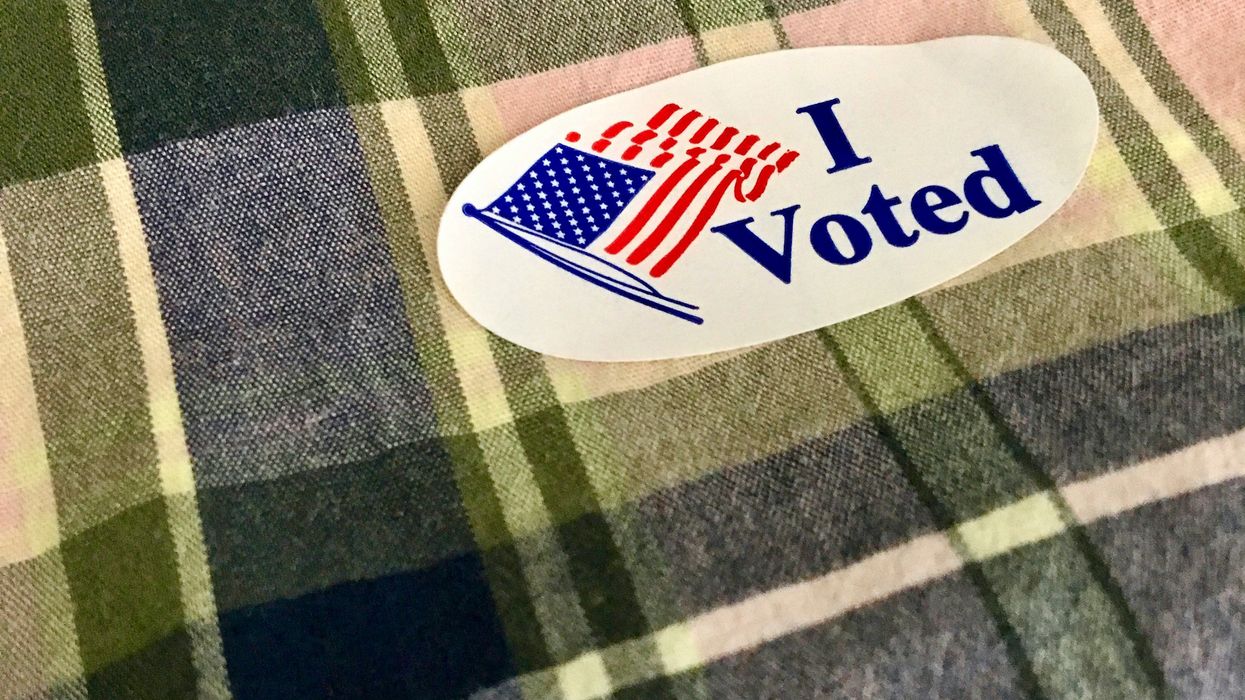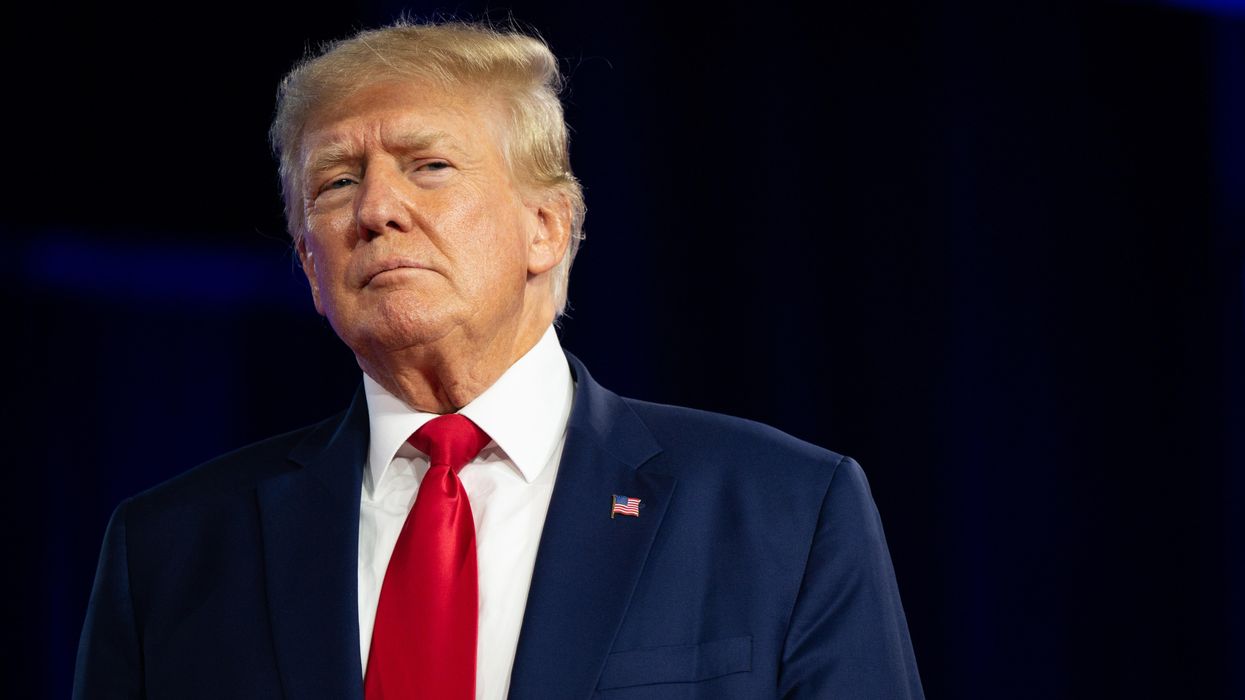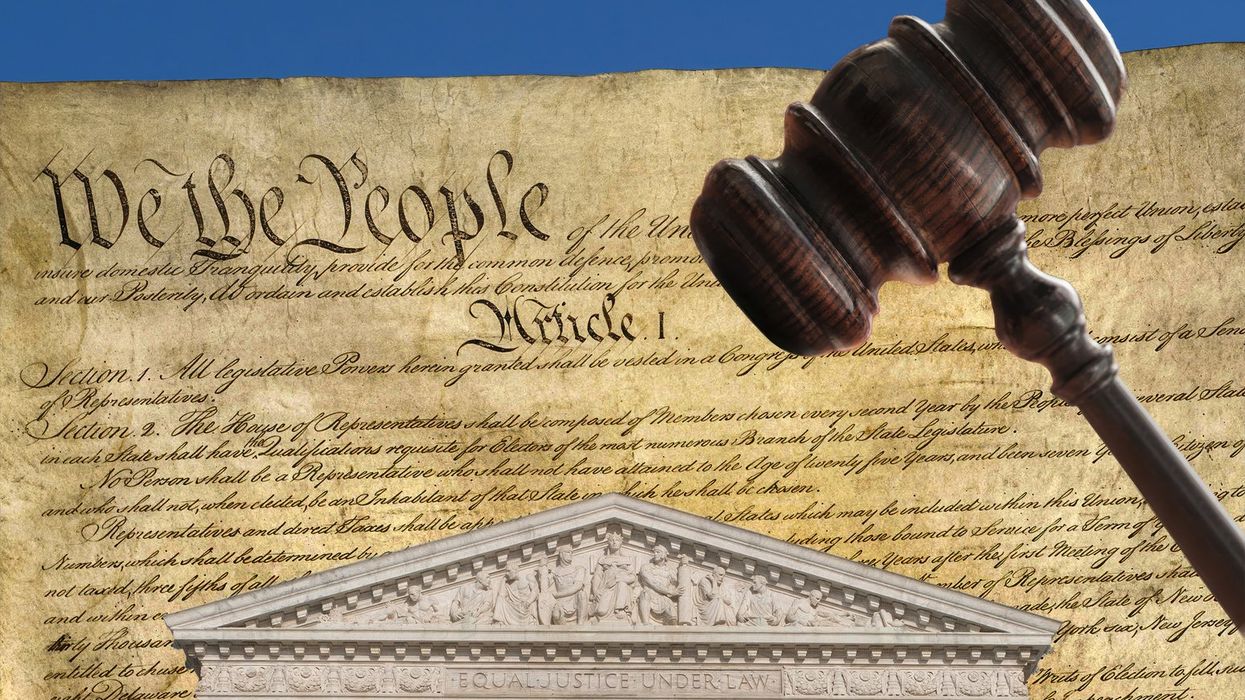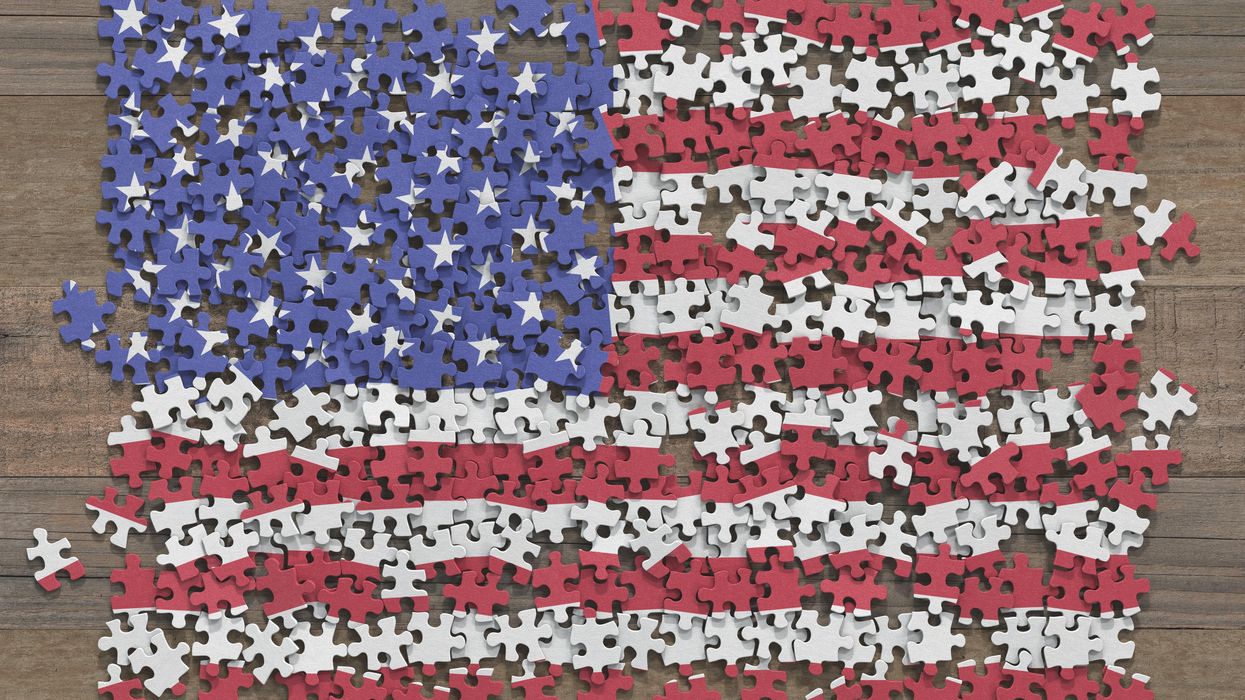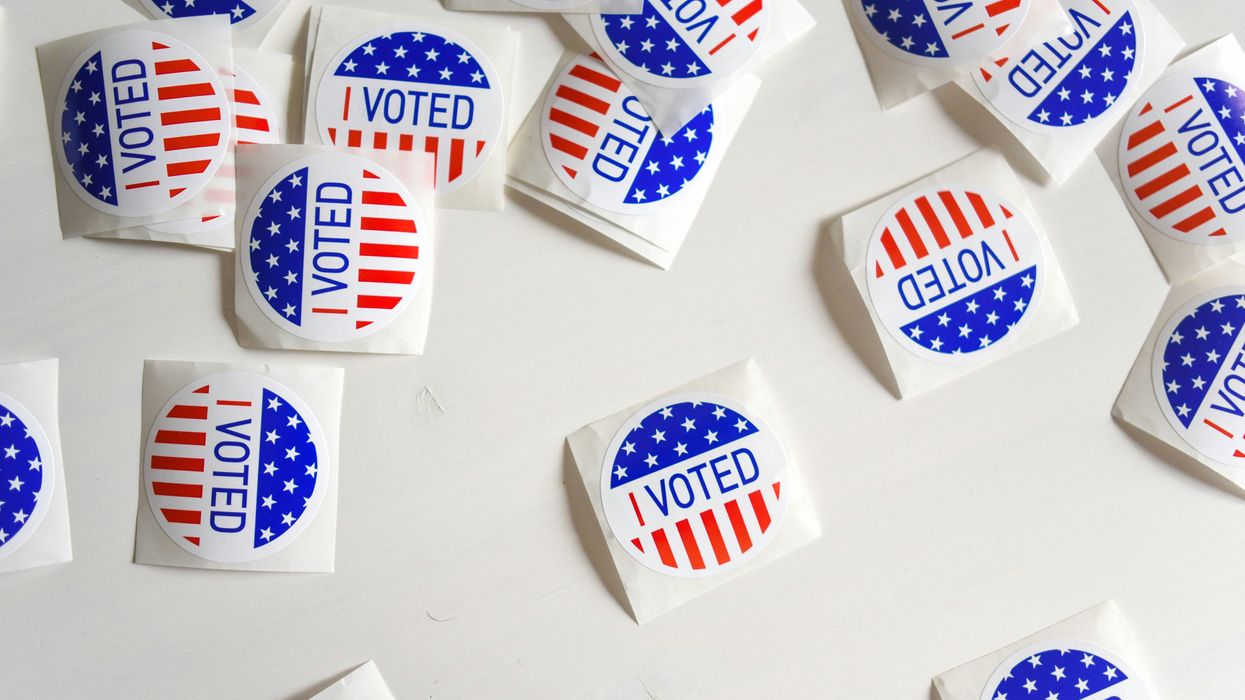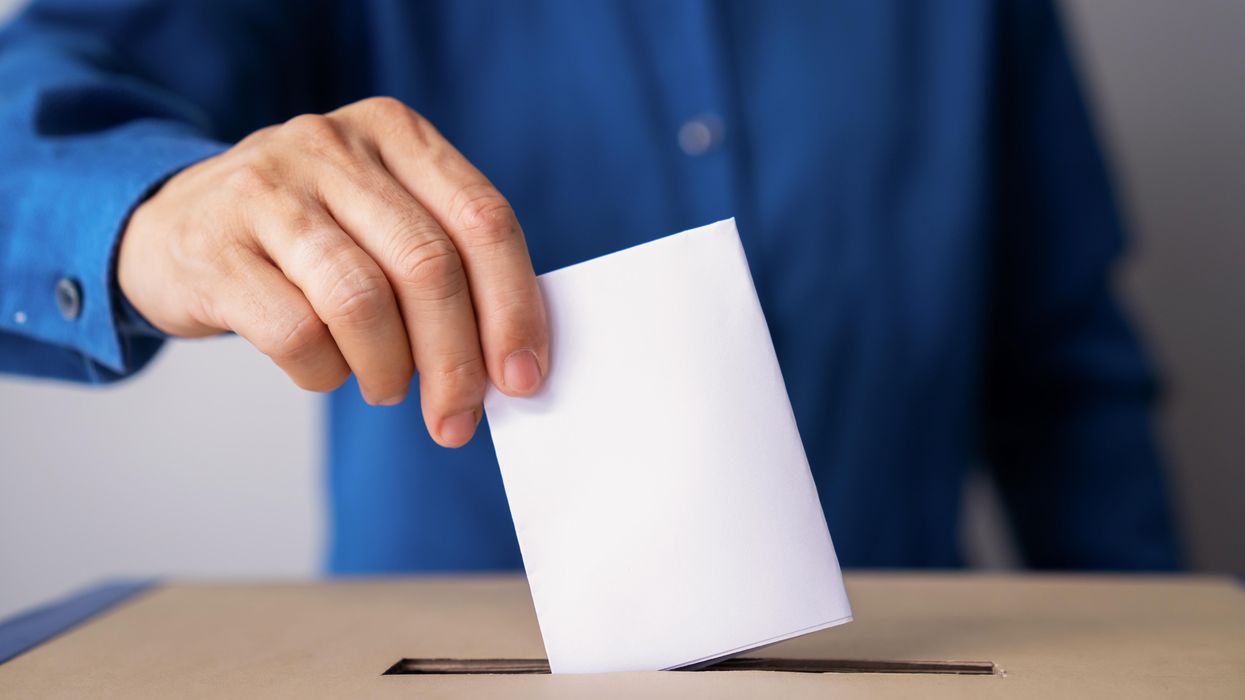The Fulcrum is publishing a series of articles to help people navigate the shifting laws that govern elections. This, the second article, covers voter registration.
There’s a process to participating in an election. While the goal is to cast a ballot and have a say in the government there are some steps required to reach that point. Today, we’re going to review the voter registration process.
Eligible Americans need to register with their state, often in advance of Election Day, in order to vote. This is the first step in confirming eligibility and protecting against voter fraud. In many states, the process can be completed in person, by mail or online depending on what their state offers. Many states also allow people to register on Election Day and then immediately cast a ballot.
And if you believe you’re already registered? It’s still a smart idea to confirm your status through your state’s election office. You can also confirm where you will vote, check or change your party preference, and request a mail-in ballot (depending on the state).
The challenge comes in figuring out the rules in your state.
Each state has its own set of election laws, including their own deadlines and options for registering to vote. It can be very difficult to decipher deadlines within a given state, especially with recent changes to the voting process that have affected identification requirements, postal voting and early voting periods, among other things.
States like Delaware, Georgia and Missouri have day-specific deadlines for registering in person, by mail, and online (the fourth Saturday before Election Day, the fifth Monday before Election Day, and fourth Wednesday prior to Election Day, respectively).
Similarly, New Hampshire has an unusual protocol for voter registration that requires people to register either in person or by mail on Election Day. But if individuals would like to vote earlier, there’s an eight-day registration window that opens 13 days before Election Day.
Some states have a set deadline for registration, except when the deadline falls on a weekend or holiday. For example, Arkansas has a deadline of 15 days before Election Day except if it falls on a Saturday, Sunday or legal holiday. In such a case, the deadline falls on the next business day. Along the same lines, Mississippi requires in-person and mail voters to register 30 days before the election, unless the 30th day falls on a Sunday or legal holiday and the deadline moves to the following business day.
States also may have different requirements for postal registrations. Usually, states will set deadlines for voter registration to be postmarked by a certain date. However, states like Nebraska and North Carolina account for illegible postmarks and set later deadlines for registrations to be received rather than going by a postmark. Some states also may have set deadlines for both a postmark and a received-by date.
Additional reading:
Nine states that require voter registration do not offer an online option: Arkansas, Maine, Mississippi, Montana, New Hampshire, Oklahoma, South Dakota, Texas and Wyoming.
The outlier in this process is North Dakota; the state does not require voter registration at all and, instead, only requires acceptable identification for a voter to be eligible to cast a ballot in the election.
Twenty-one states offer voter registration on Election Day. However, states will usually require a form of identification or even proof of residency to be eligible to vote.
To ease confusion and difficulties around voter registration, we’ve provided Voter and Election Day Registration Deadlines by states, demonstrated by this map. Please note that it is always a good idea to double check with your state’s voter guides to ensure all dates, times, and information are correct.
